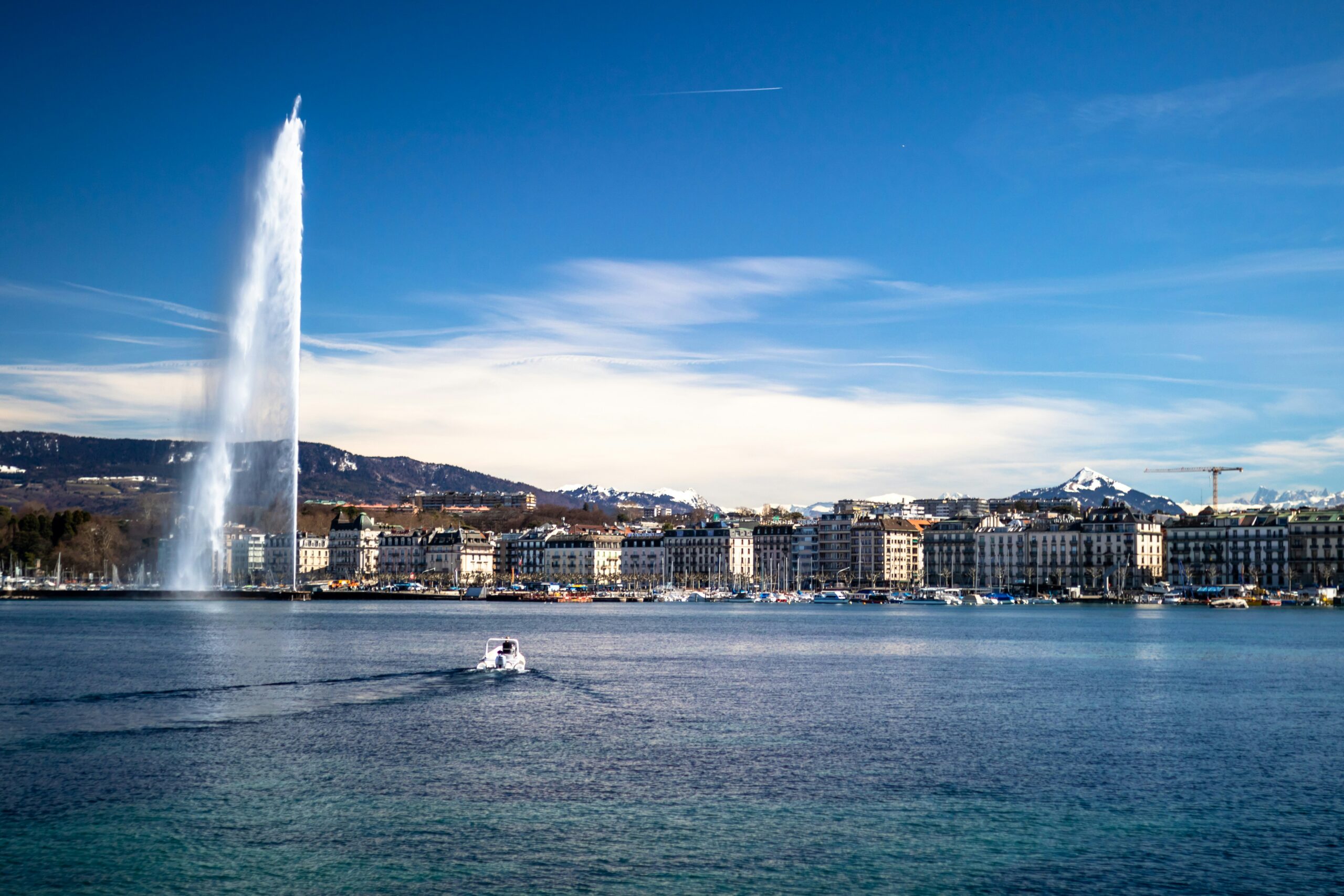Photo by Naja Bertolt Jensen
High-stakes negotiations resumed in Geneva on 5th August for a legally binding global treaty to tackle plastic pollution, with delegates from 175 countries attempting to finalise an agreement that has eluded negotiators for nearly three years.
The resumed fifth session of the Intergovernmental Negotiating Committee (INC-5.2), scheduled to run through 14th August, represents what many consider the last chance to reach consensus on a comprehensive international framework to address the escalating plastic crisis.
Urgent health warnings underscore negotiations
The talks opened against the backdrop of alarming new research published in The Lancet medical journal, which describes plastic pollution as a “grave, growing and under-recognised danger to human and planetary health.”
The study estimates that less than 10% of all plastic created has ever been recycled, with 8,000 megatonnes of plastic now polluting the planet. Tracey Woodruff, a UC San Francisco professor and study co-author, warned that plastic contains thousands of toxic chemicals linked to obesity, diabetes, and premature birth, with microplastics now detected in every part of the human body studied.
Scale of the crisis
Without international action, plastic production and waste is projected to triple by 2060, according to the UN Environment Programme (UNEP). The organisation’s Executive Director Inger Andersen emphasised the urgency: “The world wants and indeed needs a plastic conventional treaty because the crisis is getting out of hand – and people are frankly outraged.”
Current projections indicate that plastic leakage into the environment will grow 50% by 2040, with the cost of damages potentially reaching $281 trillion between 2016 and 2040.
Key divisions persist
The negotiations face fundamental disagreements over the treaty’s scope. A High Ambition Coalition of more than 100 countries supports binding commitments to reduce plastic production and phase out single-use plastics and harmful chemicals.
However, major fossil fuel-producing nations including Saudi Arabia, Russia, China, and Iran oppose production caps, arguing that recycling and waste management can address the problem. Tony Walker, a Dalhousie University professor, expressed concern about these countries potentially blocking consensus.
The United States, despite being an oil producer, has also opposed production caps, citing fossil fuels as a key ingredient in plastics.
Recycling limitations exposed
The negotiations occur as industry claims about recycling effectiveness face increasing scrutiny. Woodruff noted that “recycling is pretty much a myth that’s been sold to us by the fossil fuel industry,” with less than 10% of plastic actually recycled and only 1% recycled twice.
UNEP’s Andersen has insisted that “we will not recycle our way out of the plastic pollution crisis: we need a systemic transformation to achieve the transition to a circular economy.”
Treaty framework and scope
The current 22-page draft text contains 32 draft articles covering the full lifecycle of plastics from design to disposal. Switzerland’s top environment official Katrin Schneeberger warns that plastic waste “is choking our lakes, harming wildlife and threatening human health” and requires urgent collective action.
Negotiators are discussing various compromise approaches, including making some provisions opt-in or opt-out to avoid deadlock, though environmental groups warn this could create a treaty without binding obligations.
Industry and environmental positions
Industry representatives at the talks advocate for a circular economy approach. Christa Seaman from the Chemistry Industry Association of Canada emphasised the need for agreements that focus on ending plastic pollution while allowing society to continue benefiting from plastics.
Environmental groups are pushing for more ambitious targets. Greenpeace is calling for at least a 75% reduction in plastic production by 2040.
Previous negotiation attempts
The current session follows failed talks in Busan, South Korea, in November 2024, where deep divisions between countries prevented agreement by the original December deadline. The negotiations began in 2022 following a UN Environment Assembly resolution to create the first legally binding international instrument to end plastic pollution.
INC Chair Luis Vayas Valdivieso acknowledged the challenge, stating: “We are pretty sure nobody wants plastic pollution. Still, we have not been able to find a systematic and an effective way to stop it.”
Economic and health impacts
The negotiations take place as evidence mounts about plastic pollution’s economic costs. Beyond environmental damage, the health implications include fertility issues, birth defects, and various disabilities, according to youth campaigner Shellan Saling from the Youth Plastic Action Network.
The treaty discussions involve more than 3,700 participants, including industry representatives, environmental groups, scientists, Indigenous leaders, and affected communities.
Path forward
With 10 days scheduled for negotiations, the success of INC-5.2 will largely depend on countries’ willingness to compromise on production limits versus downstream solutions. The treaty must accommodate different national approaches while creating binding commitments strong enough to address the scale of the crisis.
Photo by Visuals of Lukas
As Andersen noted, any agreement “will have to be sufficiently robust to accommodate the needs of all countries of the world whose approach differs regarding plastic design, production, waste and recycling” while standing the test of time.
The outcome in Geneva could determine whether the world gets a comprehensive framework to tackle plastic pollution or another compromised agreement that fails to address the crisis’s root causes.

